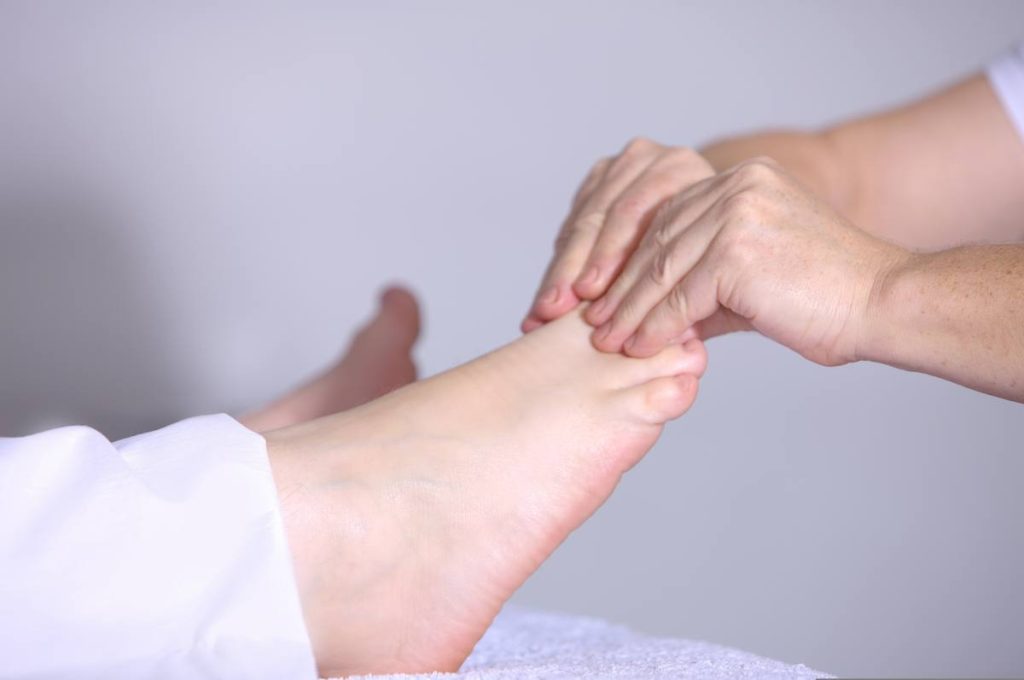When you’re traveling for business, it’s easy to get caught up in the whirlwind of meetings, conferences, and networking events. However, taking time for self-care is crucial for maintaining both your physical and mental well-being. A 출장마사지 can be the perfect way to relieve tension, reduce stress, and help you recharge. But with so many options available, how do you choose the right massage during your trip? Here are some essential factors to consider when booking your next business trip massage.
1. Location and Convenience
One of the first things to consider when choosing a massage is the location. While many spas offer a wide range of services, it’s important to choose a facility that is easily accessible during your trip. Look for spas located near your hotel or business conference venue, so you don’t have to waste time traveling across town. Many hotels also offer in-room massages, which can be incredibly convenient when you’re short on time. A massage service that comes to you might be ideal for a busy business traveler who needs to maximize every moment.
2. Types of Massages Available
There are many different types of massages, each targeting different needs. When on a business trip, you’ll likely be dealing with stress, sore muscles from long hours of sitting, or tension headaches. Here are some popular options to consider:
- Swedish Massage: Known for its soothing and relaxing techniques, this massage can help alleviate stress and muscle tension, making it ideal for someone who’s been sitting for long periods during meetings.
- Deep Tissue Massage: If you’re dealing with more chronic muscle pain or soreness, a deep tissue massage might be more effective. This style uses slower strokes and more intense pressure to reach deeper muscle layers.
- Aromatherapy Massage: Combining essential oils with a massage, this therapy can offer relaxation and stress relief, enhancing the overall experience with calming scents.
- Chair Massage: Perfect for business travelers who don’t have a lot of time, chair massages are often short but effective in targeting areas like the neck, shoulders, and back, which can become stiff from long hours of sitting.
3. The Skill Level of the Massage Therapist
The skill and experience of the massage therapist are paramount in ensuring you get the best experience. It’s important to choose a spa or service that employs qualified therapists with professional training. Many massage establishments offer therapists with specialties in various techniques, so you may want to inquire beforehand to ensure they can meet your needs. If you have a specific concern like lower back pain or tension headaches, it’s worth communicating this to the therapist so they can adjust their approach accordingly.
4. Time Constraints
As a business traveler, you may find yourself working with a packed schedule, making time an important consideration. Some massages, especially those offered at hotels, can be quick, lasting only 30 minutes to an hour. These shorter massages can still be very effective at targeting key problem areas like the neck and shoulders. If you have more flexibility, you might opt for a longer session to fully unwind and relieve more significant stress.
Make sure to book your massage during a time that won’t conflict with your meetings or events. Scheduling a massage during an early morning or late afternoon break could be the ideal solution to integrate self-care without interrupting your work.
5. Ambiance and Comfort
The environment of the spa or massage service plays a huge role in how relaxing the experience will be. Look for a place that offers a peaceful, quiet atmosphere conducive to relaxation. Comfortable lighting, soothing music, and a tranquil setting are all essential for creating a calming experience. If you are choosing an in-room massage service, ensure the space is well-prepared with soft linens, calming scents, and a relaxing atmosphere to help you unwind.
6. Cost and Payment Flexibility
Business trip massages vary widely in price, depending on the location, the type of massage, and the duration. It’s essential to set a budget beforehand so you can find a service that fits your financial plans. Many spas offer packages or discounts for longer sessions, while some hotels provide special rates for guests. Check if your company’s travel benefits or health insurance covers any wellness services, including massages, as this can help offset the cost. Be sure to ask about tipping policies as well—many therapists rely on tips as a significant part of their income.
7. Personal Preferences and Health Considerations
Before booking a massage, it’s important to consider any personal preferences or health concerns. If you have certain allergies (such as to oils or lotions) or prefer a specific technique, make sure to communicate that with the therapist beforehand. Additionally, if you have any existing medical conditions such as back problems, arthritis, or pregnancy, you’ll want to discuss these with the therapist to ensure they select an appropriate massage technique.
8. Reputation and Reviews
Lastly, don’t overlook the importance of checking the reputation of the spa or massage service. Look for reviews online or ask for recommendations from colleagues who may have experienced a business trip massage in the area. Reviews can give you insight into the quality of the service, the professionalism of the staff, and the overall experience. A reputable establishment will take customer satisfaction seriously, ensuring that your business trip massage is a worthwhile investment in your well-being.
Conclusion
A business trip massage can be the perfect remedy for the stress and physical strain that often accompany work travel. By considering factors like location, therapist expertise, massage type, and the overall experience, you can ensure that your relaxation time is both rejuvenating and efficient. Remember to take the time to care for yourself during your trip, so you can perform at your best while away from home.

